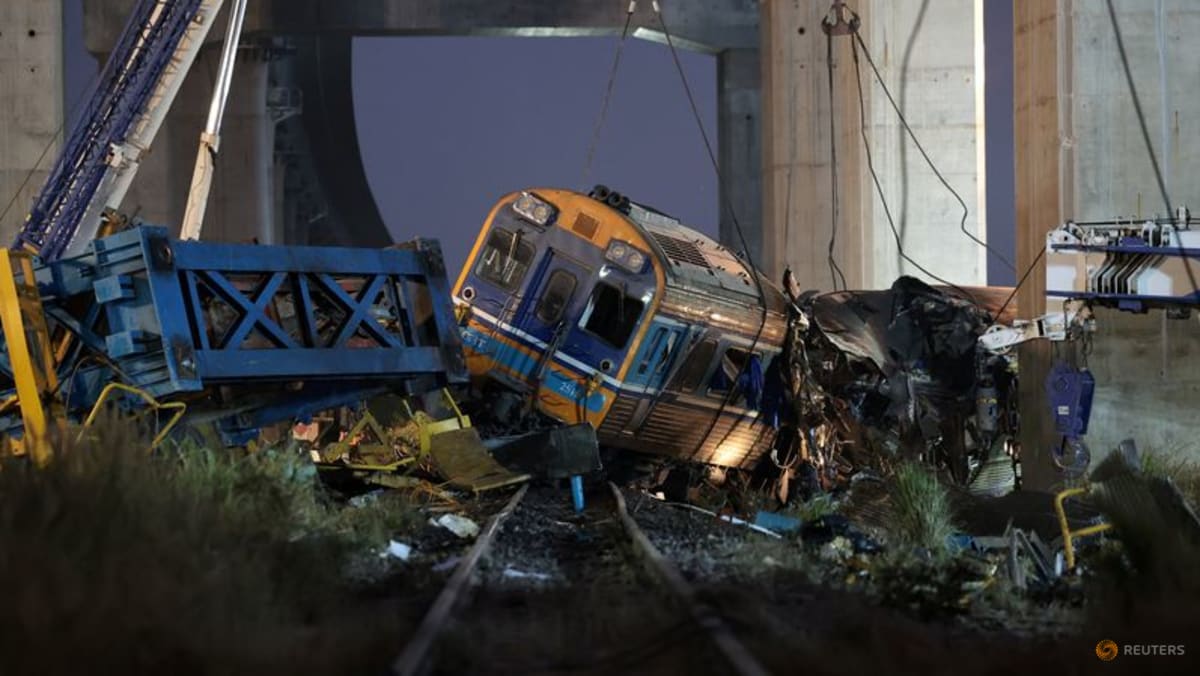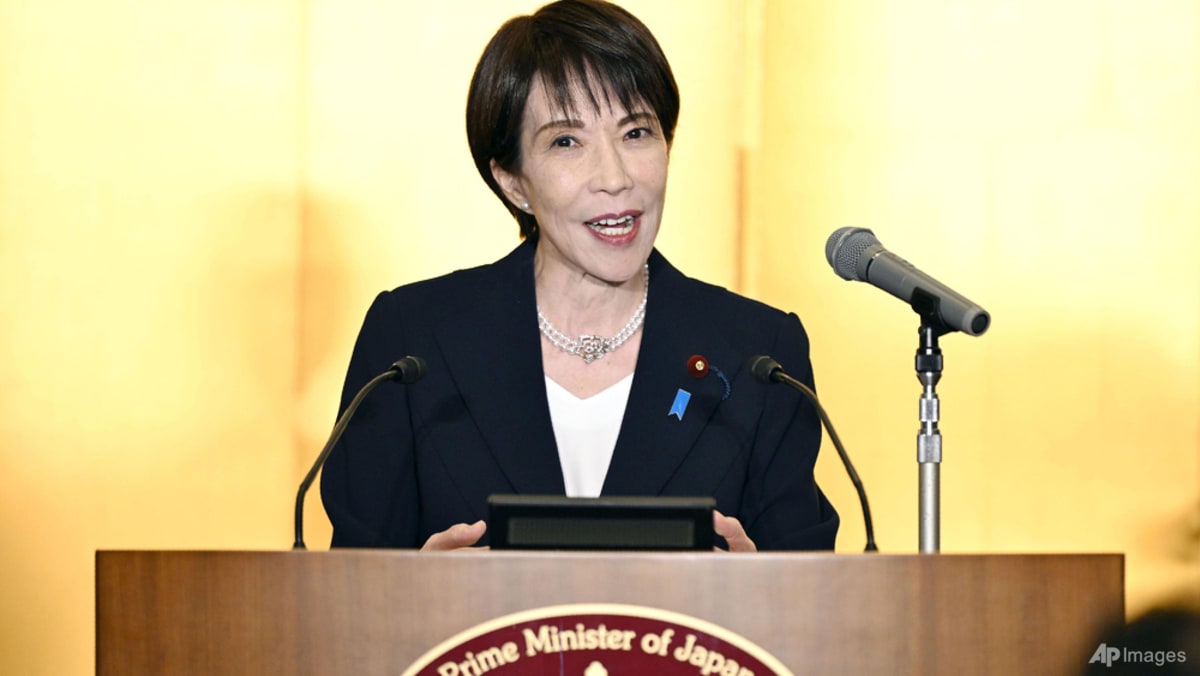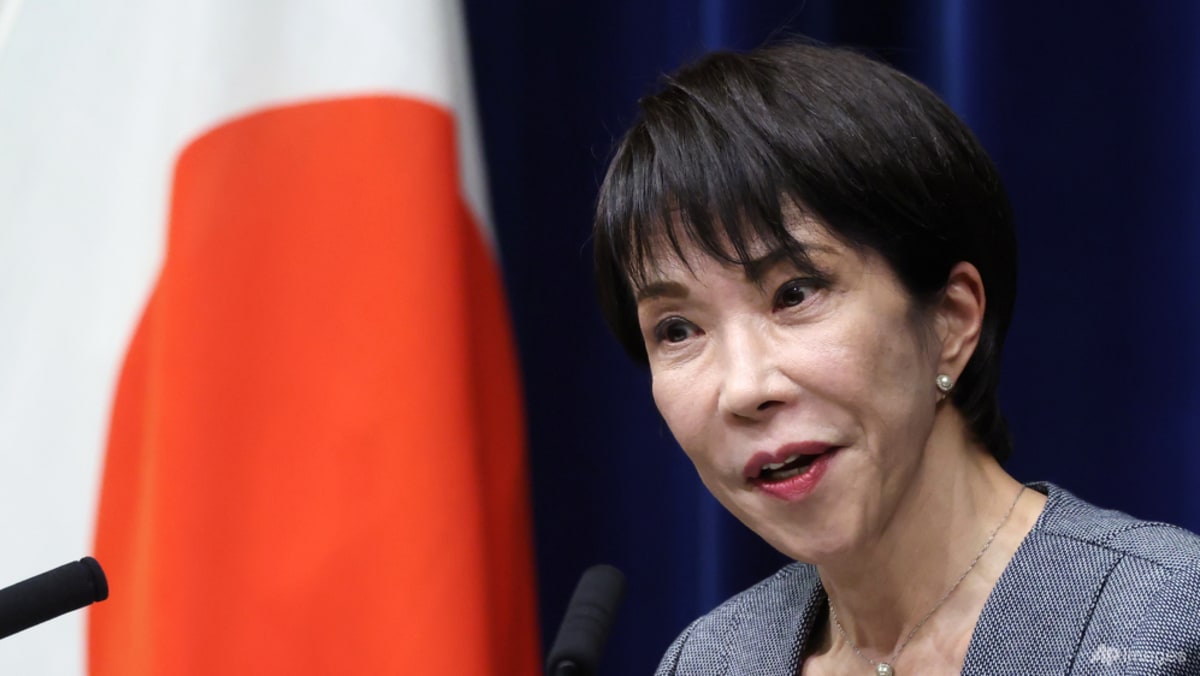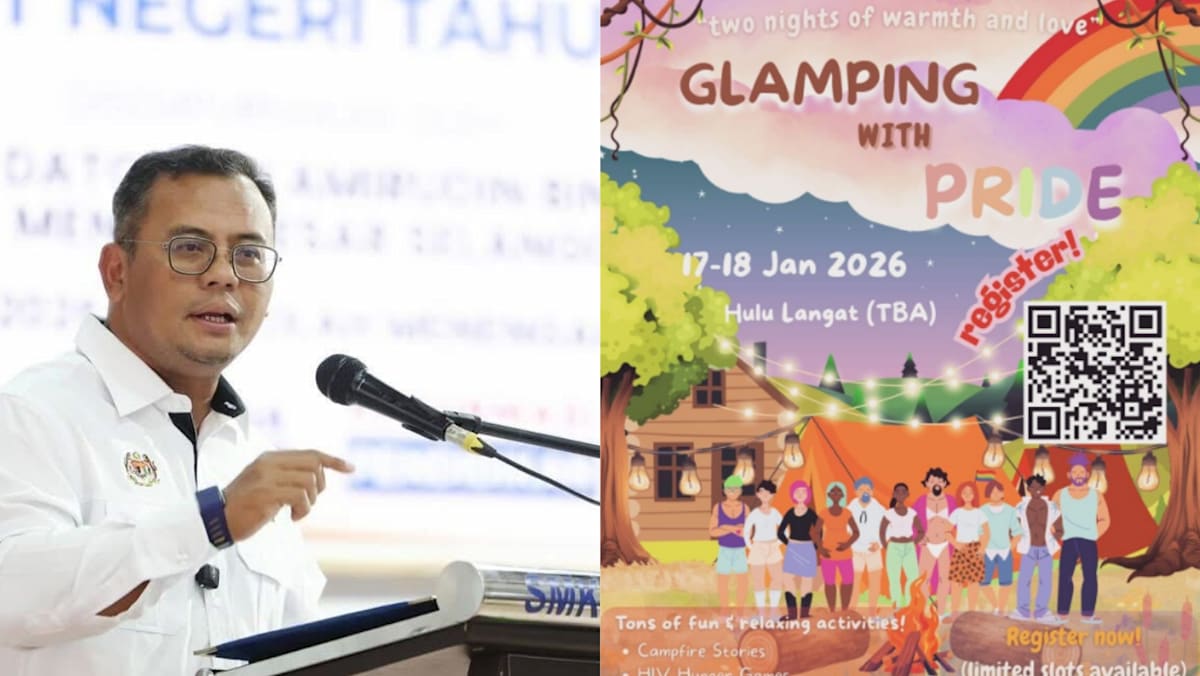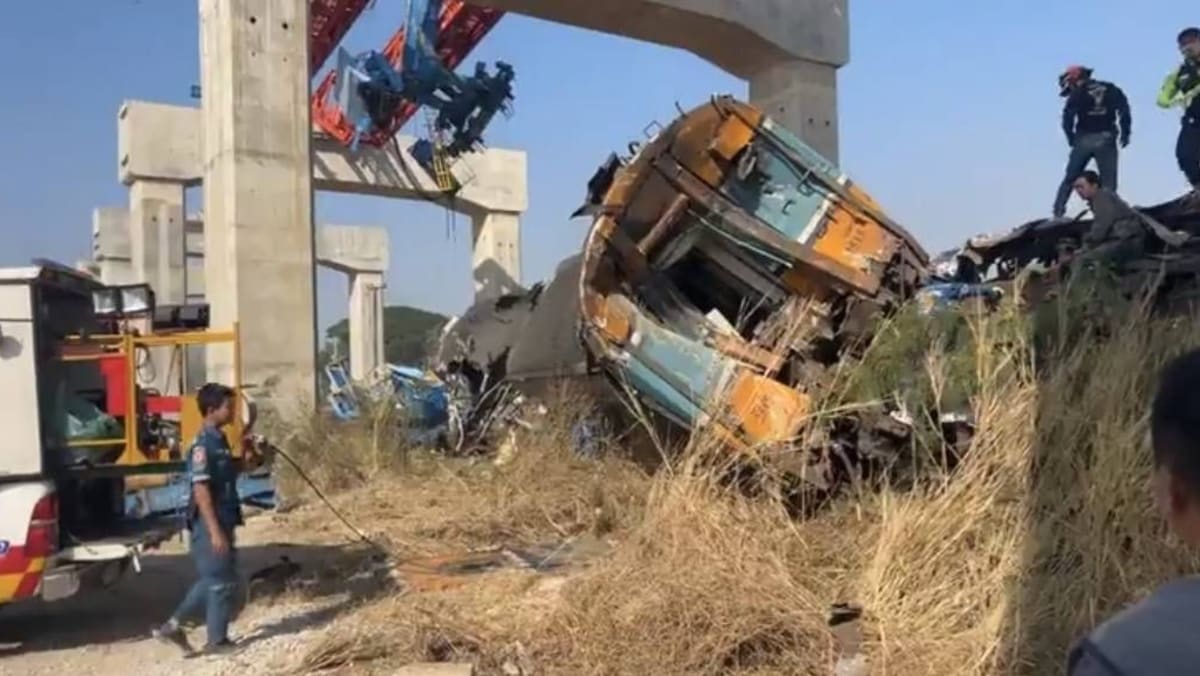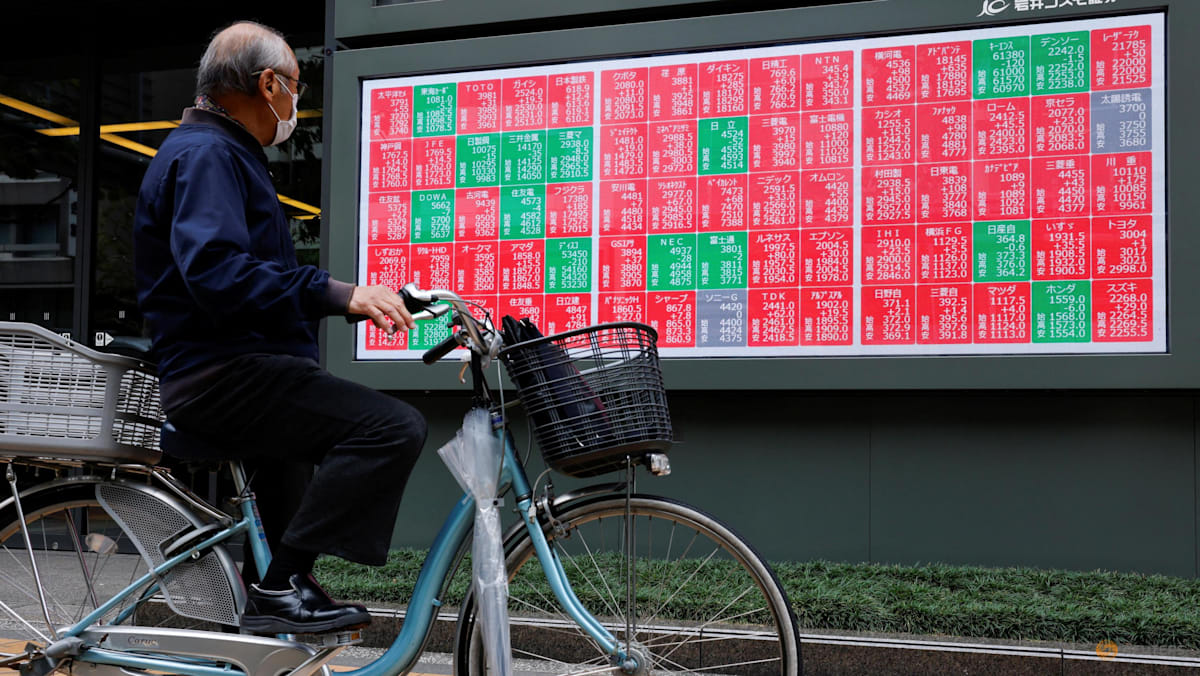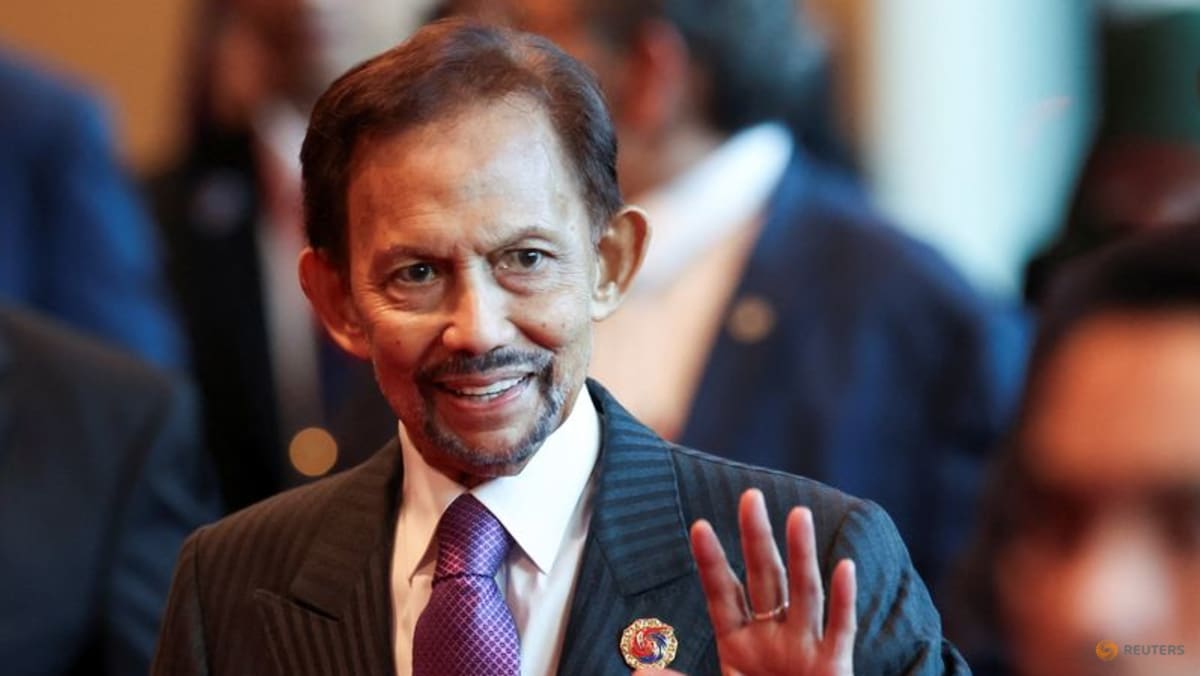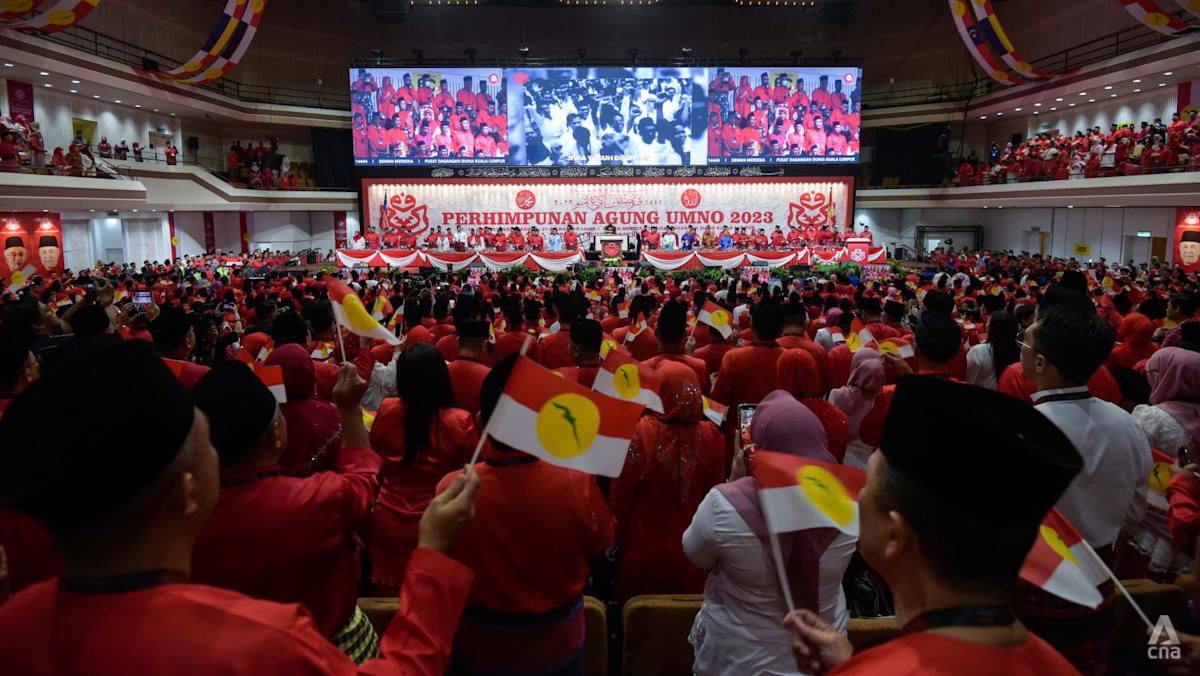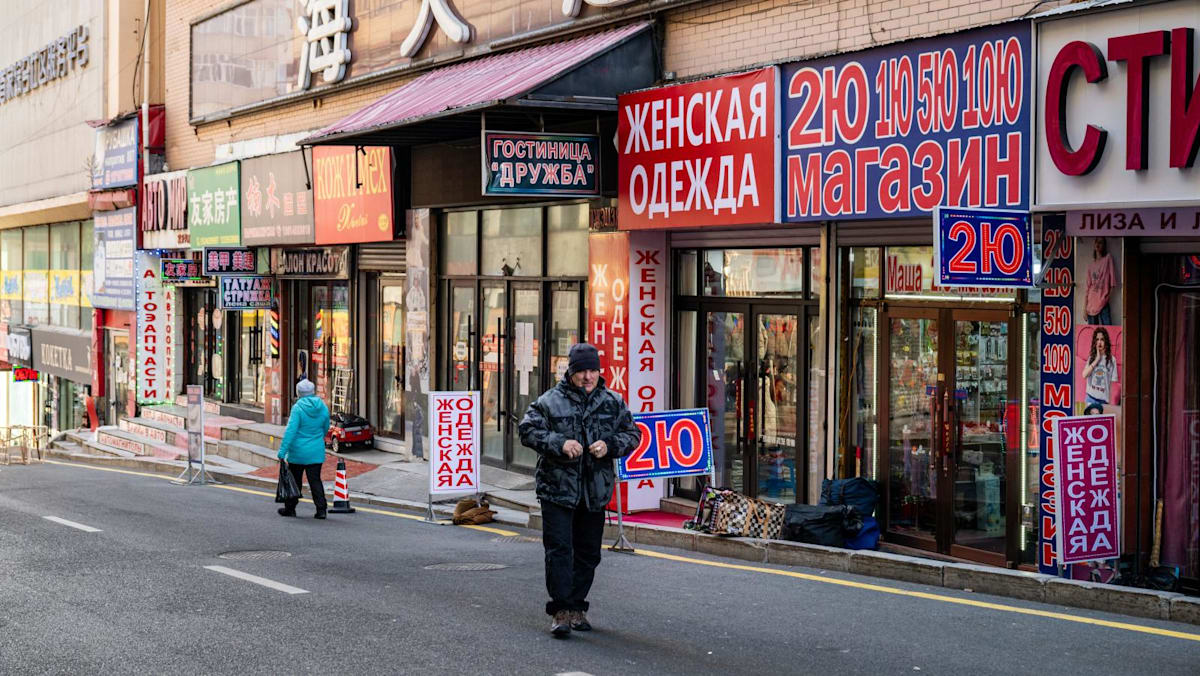Commentary: Oppenheimer is best picture at Oscars – and a lost opportunity
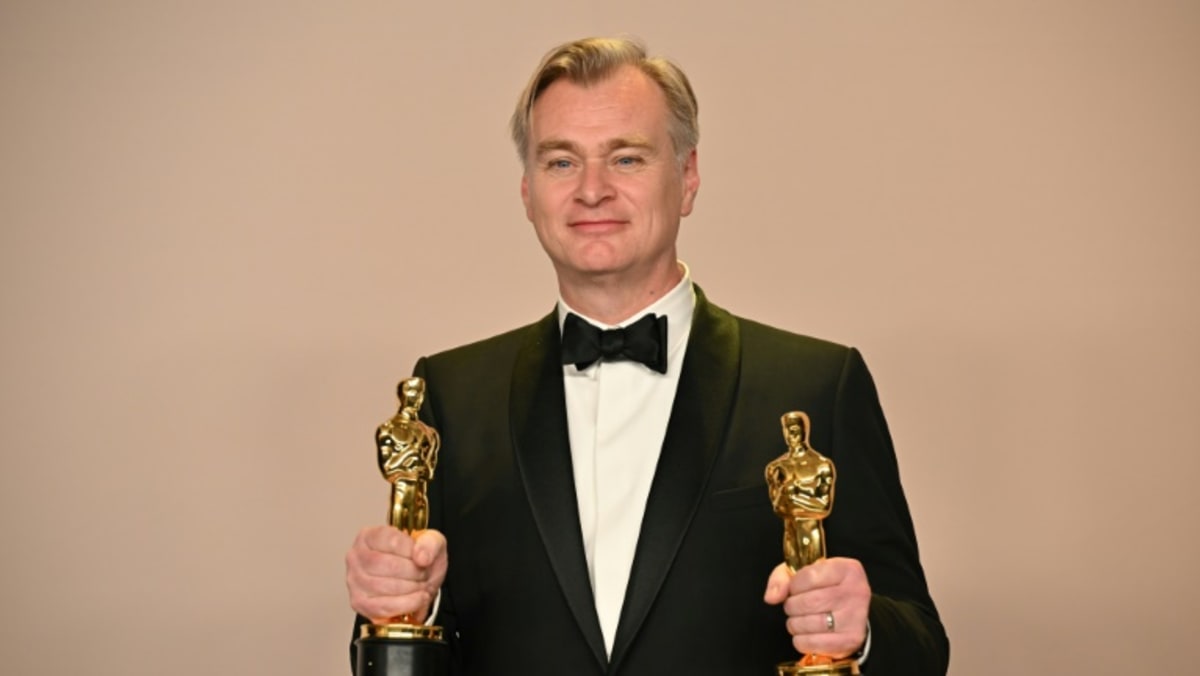
In the 2024 book Resisting The Nuclear: Art And Activism Across The Pacific, one chapter describes how Oppenheimer and Albert Einstein reenacted the Trinity test in Atomic Power, a 1946 film that celebrates the role of science in US military might. They note that in the film’s outtakes, Einstein seemed unfocused while Oppenheimer appeared stilted.
Clearly, the two scientists were uncomfortable with their newly assigned role as promoters of a mesmerising, dangerous technology. If Oppenheimer expands on this personal discomfort, the film keeps firmly in place the disconnect between the bombs’ creators and the destruction they wrought.
THE BOMBS DIDN’T DISCRIMINATE
In the end, films like Oppenheimer offer few, if any, new insights about the bombings of Hiroshima and Nagasaki and their repercussions.
More than 200,000 people perished, and the lives lost included not only Japanese civilians but also Koreans who had been in Japan as forced labourers or military conscripts.
In fact, one in every 10 people who survived the bomb were Koreans, but the US government has never recognised them as survivors of US military attacks. To this day, they struggle to get access to medical treatment for their long-term radiation illness.
Moreover, about 3,000 to 4,000 of those affected by the bombs were Americans of Japanese ancestry, as I have shown in my book about Asian American survivors of the bombings. Most of them were children who were staying with their families, or students who had enrolled in schools in Japan prior to the war because US schools had become increasingly discriminatory to Asian American students.
These non-Japanese survivors – including many US-born citizens – have been known to scholars and activists since at least the 1990s. So it feels surreal to watch a film that depicts the bombs’ effects purely in the context of the US at war against its enemy, Japan. As my work shows, the bombs didn’t discriminate between friend and foe.
Source: CNA




